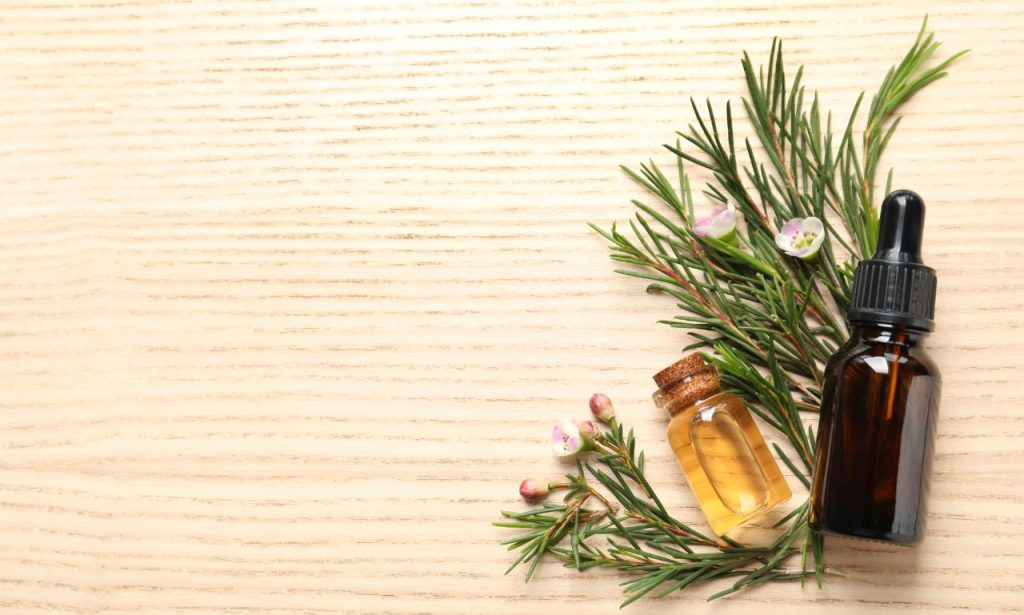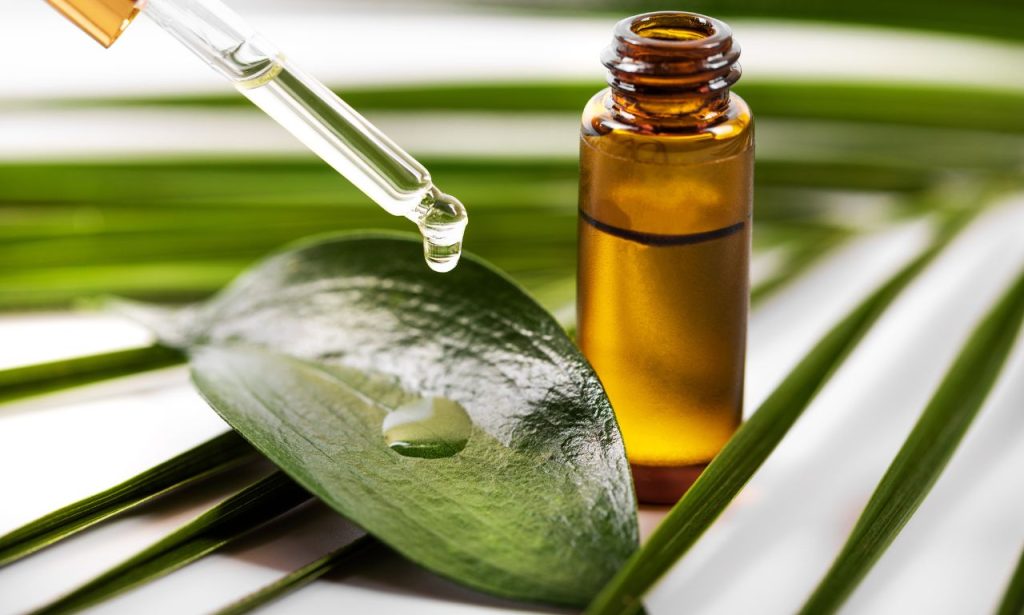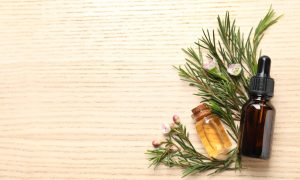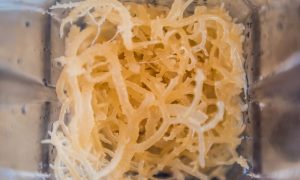When it comes to beard care, you’re likely to encounter a myriad of oils, each claiming to offer unique benefits. Tea tree oil, in particular, has garnered attention for its reputed advantages. But does tea tree oil help beard growth? This in-depth article will explore this question, offering you comprehensive insights, scientific evidence, and practical tips. Whether you’re struggling with beard dandruff, acne, or simply looking to enhance your beard’s health, you’ll find valuable information here that goes beyond the standard advice. Dive in to uncover how tea tree oil can potentially transform your beard care routine.
What Is Tea Tree Oil?
Tea tree oil, also known as melaleuca oil, is an essential oil derived from the leaves of the Tea Tree (Melaleuca alternifolia), native to Australia. Known for its potent antiseptic properties and ability to treat wounds, tea tree oil has been used for centuries. It contains a variety of compounds, including terpinen-4-ol, which is thought to be responsible for most of its antimicrobial activity.
Properties of Tea Tree Oil
| Compound | Percentage | Function |
| Terpinen-4-ol | 30-40% | Antimicrobial, anti-inflammatory |
| γ-Terpinene | 10-28% | Antioxidant |
| α-Terpinene | 5-13% | Antioxidant, antiseptic |
| 1,8-Cineole | 0-15% | Antimicrobial, expectorant |
Tea tree oil is widely used in skincare and haircare products due to these properties. But how does it affect beard growth?
Tea Tree Oil for Beard Growth

Using tea tree oil for beard growth is a topic that has garnered interest in recent years. Here’s how it can potentially aid in growing a healthier, fuller beard.
It Protects Against Build-Up
One of the key benefits of tea tree oil is its ability to prevent build-up on the skin beneath your beard. This build-up, often caused by dead skin cells, oils, and dirt, can clog hair follicles and inhibit beard growth. By keeping your skin clean and clear, tea tree oil helps create an optimal environment for your beard to grow.
Breaks the Cycle of Dandruff and Hair Loss
Dandruff can be a significant issue for beard growth. The constant itching and flaking can not only be uncomfortable but can also lead to hair loss. Tea tree oil’s antifungal properties help in combating dandruff, thereby reducing hair loss associated with this condition.
Stimulant for Blood Flow
Tea tree oil may improve blood circulation when massaged into the skin. Enhanced blood flow ensures that hair follicles receive adequate nutrients and oxygen, which are essential for healthy hair growth.
Beard Acne and Spots
Acne and spots are other common problems that can hamper beard growth. Tea tree oil’s antibacterial properties help in reducing acne-causing bacteria, thereby preventing the formation of spots and pimples under your beard.
From Greasiness to Goodness
Excess oil can make your beard look greasy and unattractive. Tea tree oil helps in regulating the production of sebum, the natural oil produced by your skin. This ensures that your beard looks well-groomed without the unwanted greasiness.
Unclogs Blocked Pores
Blocked pores can restrict hair growth and cause ingrown hairs, leading to discomfort and unsightly bumps. Tea tree oil penetrates deep into the skin, unclogging pores and promoting healthy hair growth.
Permanent Freedom from Dandruff
Regular use of tea tree oil can provide long-term relief from dandruff. By maintaining a clean and healthy scalp, it prevents the recurrence of dandruff, allowing your beard to grow unhindered.
How to Use Tea Tree Oil for Beard Growth
Using tea tree oil effectively is crucial to reap its benefits. Here’s a step-by-step guide on how to use it for promoting beard growth:
- Dilute the Oil: Tea tree oil is highly potent and should not be used directly on the skin. Mix a few drops of tea tree oil with a carrier oil like jojoba oil, coconut oil, or almond oil.
- Apply to Beard: Use a clean dropper or your fingers to apply the diluted oil to your beard. Ensure it reaches the skin beneath.
- Massage Gently: Massage the oil into your beard and skin using circular motions. This not only ensures even distribution but also stimulates blood flow.
- Leave It On: Allow the oil to sit for at least 15-30 minutes. For best results, you can leave it on overnight.
- Rinse: Wash your beard with a gentle beard shampoo to remove any excess oil.
Application Frequency
For optimal results, use the tea tree oil mixture 2-3 times a week. Overuse can lead to skin irritation, so it’s important to monitor your skin’s reaction.
Best Practices for Using Tea Tree Oil on Your Beard
While tea tree oil can be highly beneficial, it’s important to follow some best practices to avoid potential side effects.
Patch Test
Before applying tea tree oil to a larger area, perform a patch test to ensure you don’t have an allergic reaction. Apply a small amount of diluted tea tree oil to your inner forearm and wait 24 hours. If there’s no redness or irritation, it’s safe to use.
Proper Dilution
Always dilute tea tree oil with a carrier oil to prevent skin irritation. A general rule of thumb is to use 3-5 drops of tea tree oil per tablespoon of carrier oil.
Avoid Contact with Eyes and Mucous Membranes
Tea tree oil can cause severe irritation if it comes into contact with your eyes or mucous membranes. Be careful when applying it around these areas.
Store Properly
Store tea tree oil in a cool, dark place to maintain its efficacy. Exposure to light and air can degrade its active compounds.
What Alternative Oils Are There to Tea Tree Oil for Beards?

If tea tree oil doesn’t suit you, there are several other oils that can promote beard growth and health:
Jojoba Oil
Jojoba oil closely resembles the natural oil produced by your skin. It’s excellent for moisturizing and conditioning your beard without leaving it greasy.
Argan Oil
Rich in Vitamin E and fatty acids, argan oil nourishes and strengthens hair, making it a great alternative for promoting beard growth.
Castor Oil
Castor oil is well-known for its ability to thicken hair. It contains ricinoleic acid, which helps in improving blood circulation and promoting hair growth.
Coconut Oil
Coconut oil has antimicrobial properties and is great for moisturizing. It penetrates the hair shaft, providing deep conditioning.
Peppermint Oil
Peppermint oil is another essential oil that can stimulate hair growth by increasing blood circulation to the hair follicles.
Conclusion
So, does tea tree oil help beard growth? The evidence suggests that it can be a beneficial addition to your beard care routine. Its antimicrobial properties, ability to prevent dandruff, and potential to improve blood circulation all contribute to a healthier, fuller beard. However, it’s important to use it correctly and be aware of potential side effects. If tea tree oil doesn’t work for you, there are plenty of other oils that can offer similar benefits.
ALSO READ: Does Sea Moss Keep You Up at Night?
FAQs
Using tea tree oil every day is not recommended as it can cause skin irritation. It’s best to use it 2-3 times a week.
If you experience irritation, discontinue use immediately and wash the area with soap and water. Apply a soothing lotion like aloe vera gel.
Yes, tea tree oil can help with beard itch by reducing dandruff and moisturizing the skin underneath your beard.
Results can vary, but you may start noticing improvements in beard health and reduction in dandruff within a few weeks of regular use.
Tea tree oil can be used by most skin types, but those with sensitive skin should be cautious and always perform a patch test before widespread application.




